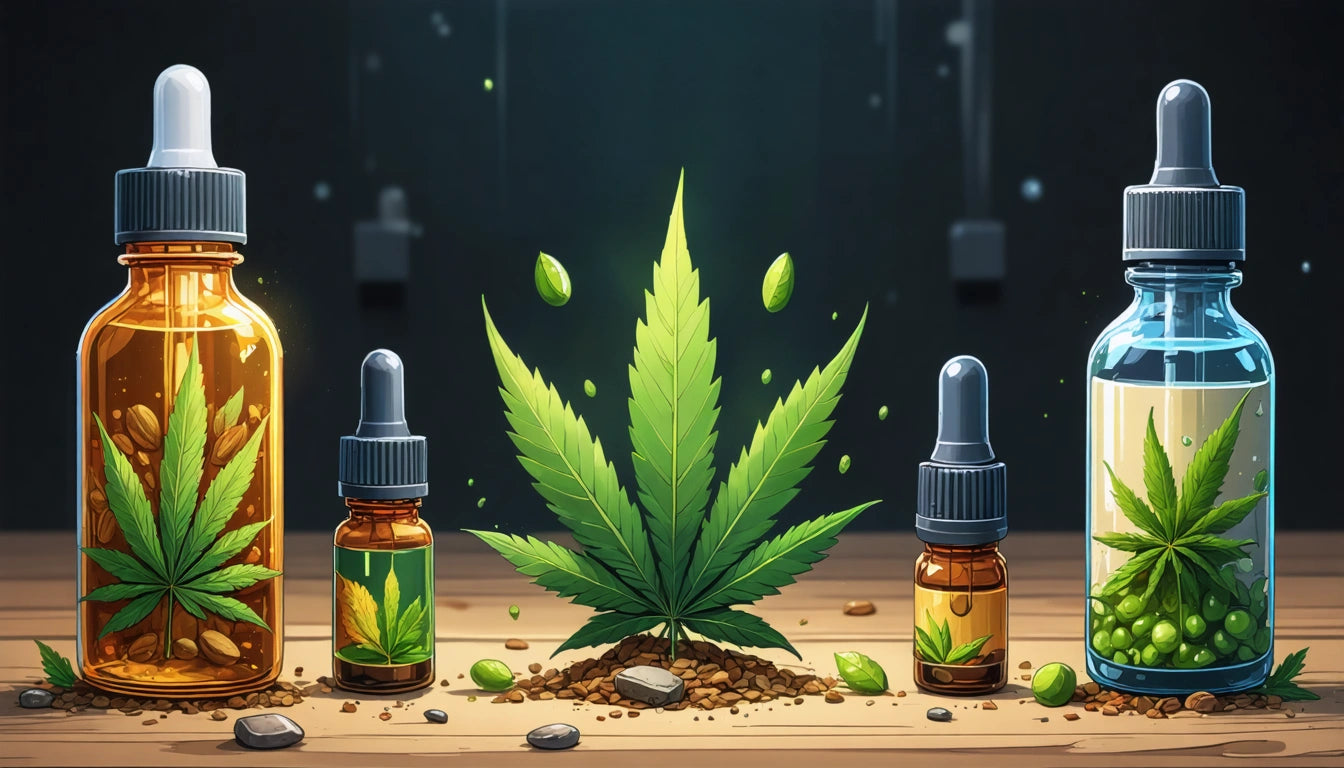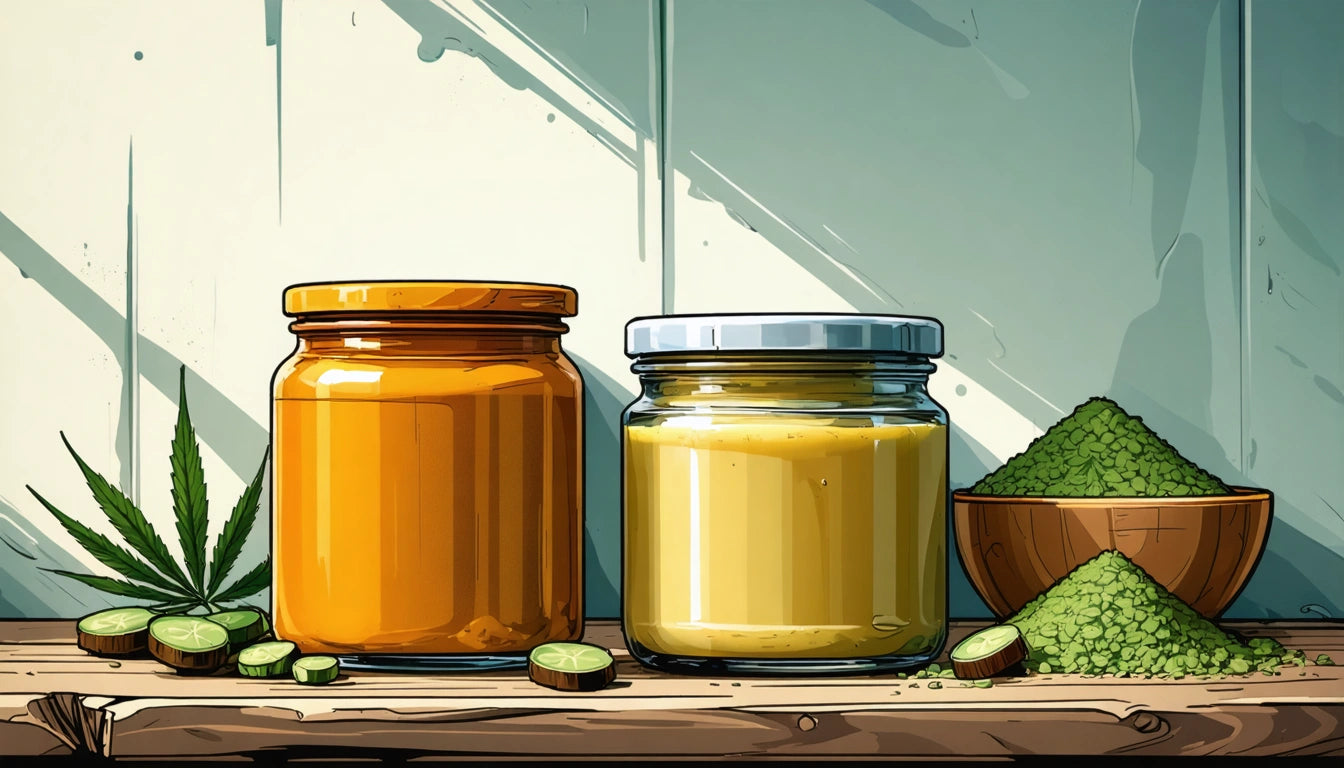How Long Does THC Last: Effects, Duration, and Variability
Understanding how long THC effects last is essential for both recreational users and medical cannabis patients. The duration of a THC high varies significantly based on consumption method, dosage, individual metabolism, and product potency. This comprehensive guide explores the timeline of THC effects across different products and explains why experiences can differ substantially between individuals.
THC Effects Duration Overview
THC (tetrahydrocannabinol) produces effects that typically follow a predictable pattern, though timing varies by consumption method. Most users experience onset, peak effects, plateau, and gradual decline phases. The entire experience can last anywhere from 1-12+ hours depending on numerous variables.
For inhalation methods like smoking or vaping, effects generally follow this timeline:
- Onset: 1-15 minutes
- Peak: 15-45 minutes
- Plateau: 1-2 hours
- Decline: 2-4 hours
For ingested products like edibles or beverages, the timeline extends significantly:
- Onset: 30-120 minutes
- Peak: 2-4 hours
- Plateau: 3-6 hours
- Decline: 6-12+ hours
Factors Affecting THC High Duration
Metabolism and Body Composition
Individual metabolic rates significantly impact how quickly THC is processed. Those with faster metabolisms typically experience shorter durations of effects. Body composition matters too, as THC is fat-soluble and stored in fat cells. People with higher body fat percentages may experience prolonged effects as THC is gradually released from fat stores.
Tolerance Levels
Regular cannabis users develop tolerance, which can shorten the perceived duration and intensity of effects. This is why many users periodically take tolerance breaks, as detailed in this guide on resetting THC tolerance.
Product Potency and Strain
Higher THC concentrations generally produce longer-lasting effects. Additionally, the presence of other cannabinoids and terpenes can modify the duration through the entourage effect. Products with balanced CBD:THC ratios often produce more moderate and sometimes shorter-duration effects.
How Long Different Consumption Methods Last
Smoking and Vaping
When cannabis is smoked or vaped, THC enters the bloodstream through the lungs almost immediately. Effects typically begin within minutes, peak within 30 minutes, and last 2-4 hours total. The rapid onset makes this method easier to control dosage through titration.
Edibles and Beverages
THC edibles and THC-infused drinks have significantly longer durations. The question of how long do THC edibles last is common among consumers. Effects typically begin 30-120 minutes after consumption, peak at 2-4 hours, and can last 6-12+ hours total. This extended timeline occurs because THC is metabolized by the liver into 11-hydroxy-THC, a more potent compound that crosses the blood-brain barrier more effectively.
For those wondering how long for THC drink to kick in, the answer is typically 30-60 minutes, though this can vary based on stomach contents and metabolism. Most users report that a THC drink lasts 4-8 hours, slightly shorter than solid edibles but still considerably longer than inhalation methods.
Tinctures and Sublingual Products
Sublingual administration (under the tongue) offers a middle ground. Initial effects begin in 15-30 minutes as THC is absorbed through oral mucosa, with full effects developing over 1-2 hours and lasting 4-6 hours total. This method bypasses first-pass metabolism in the liver, resulting in a different experience than edibles.
Topicals
Cannabis-infused topicals generally don't produce psychoactive effects as THC doesn't enter the bloodstream in significant amounts. Local effects on pain and inflammation can last 2-4 hours. For those concerned about how long topical THC lasts in your system, detection risk is minimal compared to other methods.
THC Detection Windows
The duration of THC's psychoactive effects differs significantly from how long it remains detectable in the body. For those asking how long does THC last in your body regarding drug testing, the timeframes are much longer than the high itself.
Detection windows vary by test type:
- Blood: 1-7 days (varies by usage frequency)
- Urine: 3-30+ days (depending on usage patterns)
- Saliva: 24-72 hours
- Hair: Up to 90 days
For comprehensive information on detection timeframes, this detailed guide on THC detection in blood, urine and fat provides specific timeframes for different user profiles.
When storing cannabis products for maximum potency retention, proper containers are essential. Using child-resistant caps and secure storage solutions not only maintains product freshness but also ensures safety and compliance with regulations.
Managing THC Duration and Intensity
For those seeking specific experiences, understanding dosage is crucial. Low doses (2.5-5mg THC) typically produce mild effects lasting 2-4 hours for edibles. For those wondering how long does 10 mg of THC last, effects generally persist for 4-8 hours in most users, with peak effects around the 2-3 hour mark.
Newer cannabinoids like THC-O and THC-P have different duration profiles. THC-O effects typically take longer to onset (30-60 minutes) but can last 4-8 hours, while THC-P is significantly more potent and can produce effects lasting 6-10 hours from small doses.
To manage duration and intensity:
- Start with low doses, especially with edibles (5mg or less)
- Wait the full onset time before consuming more
- Stay hydrated throughout the experience
- Have CBD products available, as CBD can moderate THC effects
- Create a comfortable environment with minimal stressors
Understanding how long THC effects last empowers consumers to make informed decisions about consumption timing, method, and dosage. Whether using cannabis medically or recreationally, this knowledge helps create safer, more predictable experiences tailored to individual needs and circumstances.











Leave a comment
All comments are moderated before being published.
This site is protected by hCaptcha and the hCaptcha Privacy Policy and Terms of Service apply.